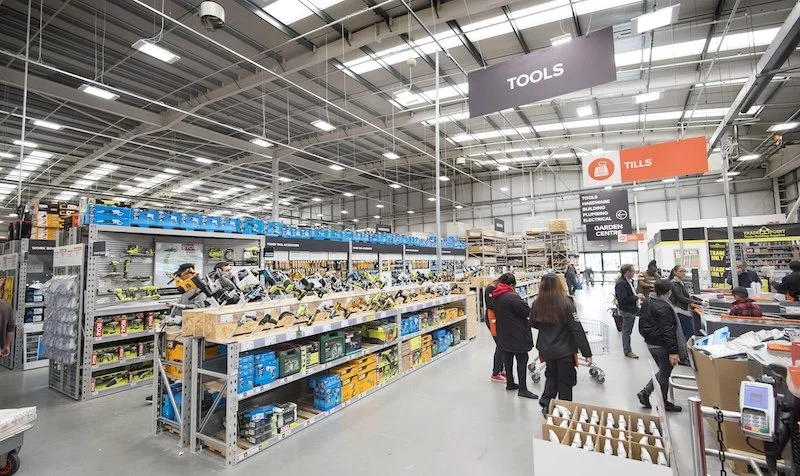Retail finance teams are adopting AI but ultimately it all starts with better tools
Retailers are investing heavily in automation, AI, and digital innovation to stay competitive in an evolving market. From predictive merchandising to smart inventory systems, much of the focus has been on customer facing technology. But behind the scenes, finance teams are quietly undergoing a digital transformation of their own.
Retail finance departments are moving away from manual spreadsheets and siloed processes. They’re adopting cloud-based accounting systems that not only streamline operations but also lay the foundation for intelligent automation. Before AI can deliver on its promises, the right tools need to be in place.

Photo credit: Unsplash.
The Role of Cloud Accounting in Retail
Finance leaders are turning to cloud-based accounting software to help manage complex financial operations across multiple sites, sales channels, and suppliers. In fact, there’s no doubt that cloud-based solutions are being more and adopted across many industries, for their scalability and ease of implementation. Additionally, cloud platforms offer secure, real-time access to data and simplify everything from reconciliation to reporting.
A 2025 study published in Humanities and Social Sciences Communications highlights two key reasons for this shift: security and integration. Businesses are more likely to adopt cloud accounting when platforms offer robust safeguards and connect easily with other systems they use.
The same study found that retailers who conduct a cost benefit analysis before adoption are more likely to see measurable improvements in financial performance. By understanding exactly where cloud solutions add value, these teams make more strategic, sustainable investments.
Unlocking AI's Potential
AI is not a plug-and-play solution. To benefit from its forecasting power or anomaly detection, retailers must first have clean, structured data and that’s only possible with the right software in place.
With a solid cloud accounting system, finance teams can automate repetitive tasks, monitor transactions in real time, and surface insights faster. This forms the groundwork for more advanced AI tools to operate effectively.
Brands leading the charge in AI adoption aren’t skipping steps. They’re investing first in tools that enable accuracy, consistency, and compliance. Once that infrastructure is established, AI tools can add real value. This can then reduce fraud risk, enhance financial modelling, and help identify early trends in consumer behaviour.
What Retailers Stand to Gain
Finance teams that move to modern systems can expect faster month-end closes, fewer errors, and improved visibility across departments. When AI is layered on top, those benefits expand. Retailers gain deeper insight into revenue trends, spend forecasts, and cash flow stability, all in real time.
These insights aren’t just useful for finance leaders. They help merchandising teams plan smarter promotions, inform supplier negotiations, and guide executive decision-making. As retailers navigate shrinking margins and rising consumer expectations, access to timely, accurate financial data becomes a competitive edge.
Closing the Gap
Retail is a fast-moving sector, and finance can no longer afford to lag behind. By starting with scalable, secure accounting software and building toward automation, finance teams put themselves in the best position to adopt AI responsibly.
In a market shaped by data and disruption, the right digital foundation makes all the difference. Tools first. Intelligence follows.






























Continue reading…